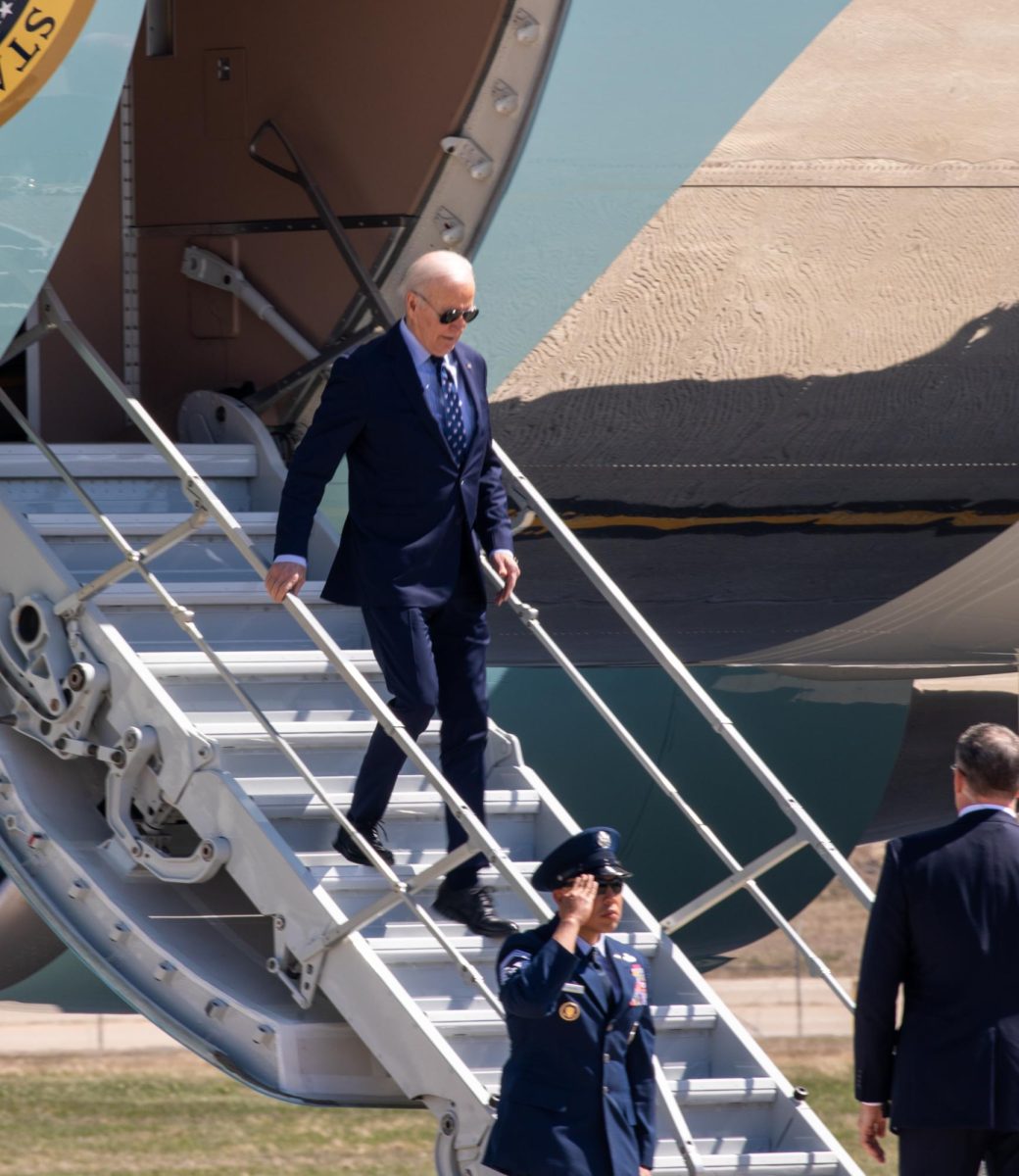Grant Hattenhauer’s column in Monday’s issue of The Badger Herald highlights the potential damage, academically and culturally, that would result from an increase in out-of-state tuition.
I, for one, would like to see a follow-up on this issue that shines the spotlight on why University of Wisconsin administrators feel the need to raise tuition for this group of students. On the surface the answer is obvious: They can’t raise tuition on in-state students thanks to a freeze imposed by the Wisconsin Legislature, so raising fees for out-of-state students is the next best option … at least by their logic.
Hattenhauer touches on the problem when he says that a rise in tuition would “foot the bill for … the construction and renovation of current buildings here on campus.” Exhibit A, in my view, is the extravagant, costly and seemingly endless boondoggle euphemistically known as the Memorial Union renovation, which has run up a tab well north of $100 million dollars.”
For decades, UW-Madison’s administrators have been addicted to these “prestige projects” whose sole purpose is to provide ever more lavish venues over which they can preside. How many of you have heard a great groundswell of demand for renovating (“rebuilding” would be more accurate) Memorial Union? The building already qualified as a palace by any reasonable standard. What about the Union Terrace or Library Mall?
UW administrators squeal like stuck pigs whenever the Legislature cuts the university’s budget or freezes tuition. Yet they never seem to lack money for physical plant “upgrades.” Their latest wet dream is to demolish the Humanities building, the only structure on campus designed by a world-class architect and a building which deserves to be on the National Register of Historic Places. The reason? It’s ugly and some of the ceilings have leaks. Spoken like true Philistines.
The Legislature had the right idea when they froze tuition — now they need to impose a 10-year moratorium on new construction on the UW campus. That might force administrators to turn their attention from their grandiose fantasies and direct it toward more urgent matters such as the crushing student debt that comes along with a college degree, the rising cost of an education that no longer guarantees a good job or the growing gap between the salaries of administrators and every other employee of the university.
Gary L. Kriewald (kriewaldg







